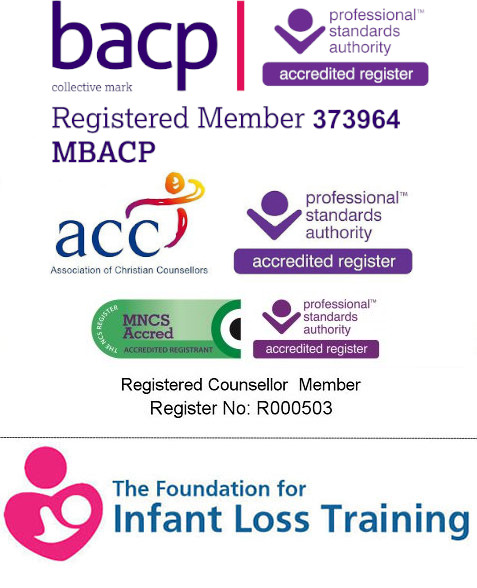Grief and Pain
Today you find me surrounded by books, notebooks, pens, highlighters and sticky notes. While I may have graduated some time ago, this setup is very similar to how I would study for an exam. However, this time, there is no exam, just a young person going through an experience which I am trying my hardest to make sense of.
By that I don’t mean I can’t understand what they are saying, or that I am confused by what is being said, far from it in fact. The wonderful thing about working with teenagers is that if they have reached the stage where they want to see their school counsellor, they are usually ready to talk. So, no, I am not trying to make sense of the words this young person is saying, I’m trying to make sense of why some young people (well all people really) sometimes have to go through heart breaking, life changing situations. Unfortunately, my books don’t answer those questions, however, what they do is give me the comfort of knowing that other’s have battled with the same questions I have, and, through their experience and learning, they have written about how they have walked with another through those difficult situations.
So today I am reading up on Grief and Bereavement, a subject which I have a fair amount of experience in. With a background in health care I have seen the complexities of loss and death. I have sat with many family members as their loved ones slip away, I have been part of teams supporting individuals coming to terms with the fact they have a terminal illness. However, I think it’s important to remember that, loss does not always mean death. Grief is not always over a life no longer with us, and bereavement comes in many forms. For some it can be due to an accident or injury which has contributed to a disability, causing a sense of loss over what was before. For others, it can be that a loved one is slowly losing who they were due to illness’ such as Alzheimer’s or Parkinson’s. In some situations, it can be that individuals have had to move away from somewhere they felt safe and at home to a new place which may seem unfamiliar and intimidating. All of these, and many more, are just as valid a reason to feel grief as any of the others.
Why are you reading up on something you are familiar with then? I hear you ask. Why are you trying to make sense of something as common as loss? It’s quite simple really. Have you ever looked into the eyes of a teenager as they speak about someone they love who they know is dying or has just died? No matter how often I have faced it in the past, it never becomes easier. So here I am, finding myself looking through the books, which I know almost off by heart, hoping that this time I might find magic words that will make it all better and wishing that I didn’t already know the truth, that it is going to be a difficult journey for that person sat in front of me, never mind what age they are. That doesn’t stop me searching and studying and rereading, because maybe, somewhere in my deepest hopes, I’ll learn new ways to walk with those suffering a bereavement which will help them to feel a sense of things being OK again. That maybe, just maybe, I’ll be able to look that young person in the eyes and say, ‘I know it hurts more than words can describe, I know it feels like nothing will ever be the same, but I also know that together we’ll get through this, and you’ll reach the point where you smile when you think of that person not cry’ and know that that is a good enough answer to the pain.


